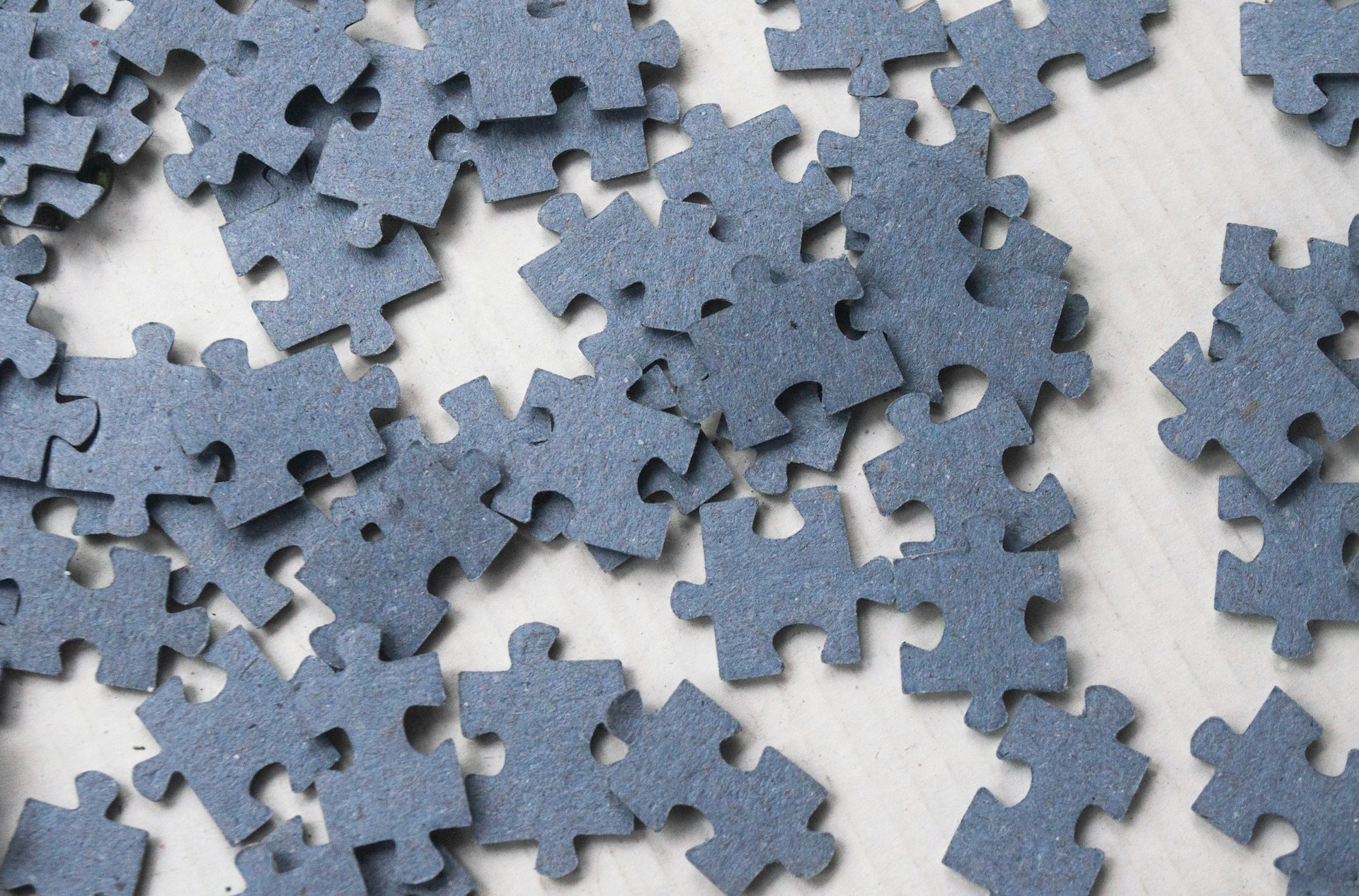Psychotherapy is not only about dealing with the negative and painful parts of your life. If you are willing to put in the work, psychotherapy can make you a better person in more ways than we can count. Here are 15 of them: We invite you to learn more about the myriad way psychotherapy can…
psychotherapy
May Your Days Be Merry and Bright: A Therapist’s Take on Navigating the Holiday Season
The holiday season has arrived like an unexpected snowstorm, announcing itself with a burst of shopping frenzy and festive chaos, sweeping us up before we can catch our breath, pack away our summer sneakers, and button our coats. Every November, like clockwork, I’m surprised by how swiftly this time comes. ‘It was just September!’ I…
Healing Through EMDR: Getting Grounded in Shaky Times
After completing part two of my Eye Movement Desensitization and Reprocessing (EMDR) training this past weekend, I left feeling grounded, energized, and — dare I say — hopeful. This felt like a stark contrast to the energy of the weeks and months leading up to it given the anxiety we have collectively been buzzing with.…
Getting Support as a New Father During the Postpartum Period
The postpartum period is a significant life transition, and as such can be incredibly challenging. As many as 1 in 5 women experience a mood or anxiety disorder during pregnancy and/or the first year postpartum (Howard et al., 2014). Additionally, the postpartum period affects the whole family, not just the birthing person. Evidence shows that…
Men’s Mental Health: ‘Man Up’ Is Not the Answer
Many men have a complicated relationship with their mental health. Nearly 1 in 10 men experience depression or anxiety (MHA, 2024). Yet a 2022 survey conducted by the National Institute of Mental Health (NIMH) revealed that just 42% of male-identifying respondents were treated for any mental health issue compared to 57% of female-identifying respondents (NIMH,…
How to Talk to Your Kids About Halloween Candy: An Anti-Diet Culture, Food-Neutral Approach
Halloween is one of the most exciting times of the year for kids — costumes, trick-or-treating, and the thrill of filling up their bags with candy. But for many parents, the idea of dealing with all that candy can bring up concerns about sugar, overindulgence, and how to manage it all. In a culture so…
Lost in Translation: A Guide to Navigating Mental Health Content on Social Media
Social media has revolutionized the way we interact and connect, enabling us to overcome barriers to education, activism, and community-building. However, it also drives hyper-consumption and can create a platform for harassment and misinformation. Recently, therapy has become a hot topic on social media. For instance, the hashtag #TherapyTok on TikTok has garnered 1.7 billion…
Cultural Humility in Psychotherapy: What You Should Know and Why It Matters
Cultural humility can be defined as: “a practice of self-reflection on how one’s own background and the background of others impacts communication, interpersonal relationships, teaching, learning, research, creative activity, engagement in leadership, etc.” (University of Oregon Division of Equity and Inclusion, 2024). That definition is relatively vague, as cultural humility is a term utilized in…
Cultivating Harmony Within: Integrating Parts Work into Psychotherapy
In recent years, parts work has emerged as a transformative approach in psychotherapy, championing a holistic and compassionate path to mental health. By acknowledging that our minds are made up of different subpersonalities referred to as “parts,” this method offers a dynamic framework for addressing emotional and psychological challenges. Among the diverse therapeutic approaches to…
Demystifying Psychotherapy: Unlocking the Full Potential of your Psychotherapy Experience
Psychotherapy can help us achieve our goals, whether that be personal growth, self-discovery, or improving our mental well-being. Whatever your reason for seeking therapy, getting the most out of your psychotherapy sessions requires active engagement and commitment. My colleague, Kate Ernstrom, wrote a previous article about how to get the most out of therapy which…











